The New Citizens Movement should not have been a big deal – a loosely organized group of activists campaigning against corruption and for “constitutionally protected rights” in China. Xu Zhiyong, a PhD from the Peking University Law School, was one of the leaders.
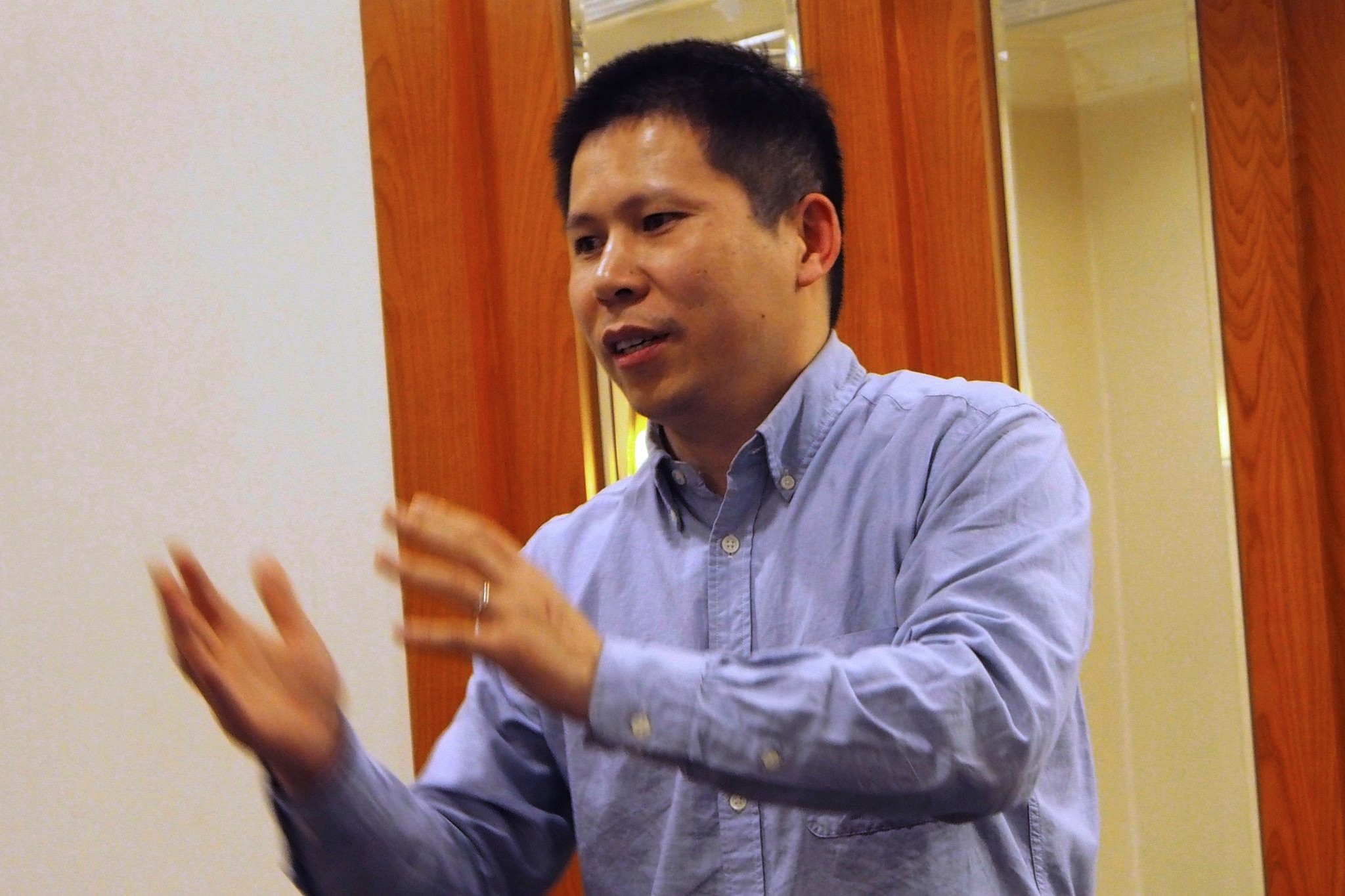 Xu Zhiyong, shortly before arrest Xu Zhiyong speaking at a meeting in Beijing in March, 2013, shortly before his arrest
Xu Zhiyong, shortly before arrest Xu Zhiyong speaking at a meeting in Beijing in March, 2013, shortly before his arrest
And since Xi Jinping has made anticorruption a key part of purifying the CCP and the Chinese people, one might think that such a citizen’s movement would be welcomed. A group advocating for what is already in the Chinese Constitution – equality before the law, the right to vote, freedom of speech, freedom of the press, freedom of assembly – should be innocuous.
One would be wrong. One must remember the fundamental rule of any authoritarian government – the leader determines the truth, the leader determines right and wrong, and only the leader can lead the people. Any attempt by citizens to “contribute,” particularly if organized, can only be anathema. Any organization – any civil society organization – that intends to compete with the government must be destroyed as an enemy of the state. There cannot be any organization that intends to stand between the state and the individual.
When Xi came to power, some western observers questioned whether Xi would be a reformer, continuing more or less down the path opened by Deng Xiaoping. The answer by now, in 2018, is certainly clear – CCP members talk (not openly) about a return to the days of the Cultural Revolution, when fear and terror worked among colleagues, friends, and family members to expose the slightest hint of political deviation from Mao Zedong Thought. Students recording and reporting on teachers, Chill and fear in the classroom, colleagues evening old scores by reporting someone to the jiwei, without evidence. (This latter was in my direct experience. More on that in a future post).
But the Xi path might have been clear when Xi gave his first speech to the press, following his election at the end of the 18th Party Congress in November, 2012 Xi’s first speech after elevation. He outlined his agenda in stamping out corruption and taking China to a leadership position internationally. No one – not even CCP members – knew then how the agenda would be implemented. Now we all know.
The crackdown on any dissension from the path of Xi began with arrests of the New Citizens Movement leaders, in April, 2013. Simultaneously came the infamous Document No. 9, a warning from the CCP Central Committee General Office to CCP members about the seven deadly western sins seeking to destroy CCP and China. This document, only available for a short time online before being “harmonized,” as they say, telegraphed the entire Xi Jinping crackdown on speech, civil society, a free press, and freedom of assembly. It is not subtle.
As you know, there have been many detentions and prison sentences for human rights lawyers, dissidents, artists, academics, and anyone expressing dissatisfaction, or worse, with CCP and the CCP path as defined by Xi Jinping. A couple more examples, after the destruction of the New Citizens Movement –
In July, 2015 Wang Yu, a commercial attorney turned civil rights advocate, was seized. She had been representing six schoolgirls who were abused by a school principal. Wang Yu The seven minute video at this site is worth watching. Wang Yu interview Her son, Bao Zhuoxuan, was not permitted to leave Tianjin last year (2017) to attend college in Australia. The government told her son that he was a national security threat, and mutilated his passport Family responsibility This is just like ancient China – one guilty person convicts the whole family. After a forced confession of her sins, Wang will remain under surveillance for years, with little or no access to friends and family, perhaps the rest of her life.
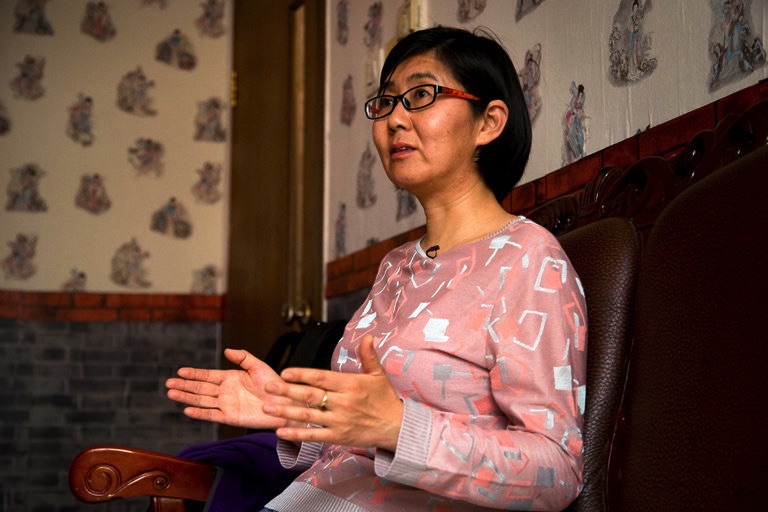 Wang Yu Source: New York Times
Wang Yu Source: New York Times
I have CCP colleagues, or friends of colleagues in China, who are bereft at the moral quandary they now find themselves in. They are forbidden to tell the truth, or say what they think – they know the truth, or what is right, or what is the law; and they are required to obey to do otherwise.
What I want to do in this post is (briefly) review three documents – the Chinese Constitution, the advocacy of the New Citizen’s Movement, and the threats of Document No. 9. This is a blog, not an essay, so I will let the reader do most of the work here. But the reading is not long, and the distinctions clear. The role of the New Citizens Movement, and others like it, in stimulating repression is quite clear. It is as if Document No. 9 is responding directly to the perceived threat of the New Citizen’s Movement, even though the New Citizen Movement is not calling for anything that isn’t already in the Chinese Constitution.
First, the Chinese Constitution, occasionally modified but generally intact since the 1982 major rewriting. Chapter II describes the fundamental rights and duties of citizens –
Article 33 All persons holding the nationality of the People’s Republic of China are citizens of the People’s Republic of China.
All citizens of the People’s Republic of China are equal before the law.
The State respects and preserves human rights …
Article 34 All citizens of the People’s Republic of China who have reached the age of 18 have the right to vote and stand for election, regardless of ethnic status, race, sex, occupation, family background, religious belief, education, property status or length of residence, except persons deprived of political rights according to law.
Article 35 Citizens of the People’s Republic of China enjoy freedom of speech, of the press, of assembly, of association, of procession and of demonstration.
Article 36 Citizens of the People’s Republic of China enjoy freedom of religious belief.
No State organ, public organization or individual may compel citizens to believe in, or not to believe in, any religion; nor may they discriminate against citizens who believe in, or do not believe in, any religion.
The State protects normal religious activities. No one may make use of religion to engage in activities that disrupt public order, impair the health of citizens or interfere with the educational system of the State.
Religious bodies and religious affairs are not subject to any foreign domination.
Article 37 Freedom of the person of citizens of the People’s Republic of China is inviolable.
No citizen may be arrested except with the approval or by decision of a people’s procuratorate or by decision of a people’s court, and arrests must be made by a public security organ.
Unlawful detention or deprivation or restriction of citizens’ freedom of the person by other means is prohibited, and unlawful search of the person of citizens is prohibited. …
Article 40 Freedom and privacy of correspondence of citizens of the People’s Republic of China are protected by law. No organization or individual may, on any ground, infringe upon citizens’ freedom and privacy of correspondence, except in cases where, to meet the needs of State security or of criminal investigation, public security or procuratorial organs are permitted to censor correspondence in accordance with the procedures prescribed by law.
Article 41 Citizens of the People’s Republic of China have the right to criticize and make suggestions regarding any State organ or functionary. Citizens have the right to make to relevant State organs complaints or charges against, or exposures of, any State organ or functionary for violation of law or dereliction of duty; but fabrication or distortion of facts for purposes of libel or false incrimination is prohibited.
Wow. Sounds pretty reasonable.
Second, the mission of the New Citizen’s Movement, as described by Xu Zhiyong in May of 2012, concurrent with the rise of Xi. Following this one-sentence mission statement are several paragraphs describing what individual Chinese can do to further the movement. To us, nothing sounds very subversive –
The goal of the New Citizens’ Movement is a free China ruled by democracy and law, a just and happy civil society with “freedom, righteousness, love” as the new national spirit. Xu Zhiyong’s controversial essay
To push forward the New Citizens’ Movement, the New Citizen can:
Disseminate the New Citizen Spirit: Explain the “freedom, righteousness, and love” of the New Citizen Spirit by way of online posts, street fliers, t-shirt slogans, and any other method of spreading the New Citizen Spirit. The New Citizen Spirit must appear on the Internet, flourish in the streets, and, most of all, take root in the deepest part in our hearts.
Practice New Citizen Responsibility: Promise to practice New Citizen Responsibility, stand fast to New Citizen behavioral standards, reject corruption in one’s life, reject the practice of seeking private gain at the expense of the public, be loyal to good conscience and do not actively do evil, do good service for society, and mutually supervise one another to carry out this promise. The New Citizen Spirit is the spirit of commitment, sacrificing one’s profit to be an example, to maintain good conscience and righteousness, up until righteousness exists all over the Chinese nation.
Use the “Citizen” sign or other identifying methods: Citizens design their own “Citizen” insignias, and strengthen their own Citizen status and self-affirmation by wearing the insignias in everyday life.
Participate in civic life: Hold regular mealtime talks, discuss current political situation, pay close attention to people’s livelihood, care for public service as well as public policy, help the weak, serve society, promulgate fairness and justice. Every place has a group of modern citizens. Everybody needs to group together for society to progress. Unity begins with acquaintance.
Unite to share labor and coordinate work. Repost messages, file lawsuits, photograph everyday injustices, wear t-shirts with slogans, witness everyday events [specifically referring to the phenomenon of standing in a circle around someone causing a scene to witness it], participate or openly refuse to participate in elections, transcribe [things that you see happen], hold gatherings or marches or demonstrations, do performance art, and use other methods in order to jointly promote citizens’ rights movements and citizens’ non-cooperation campaigns—such as assets reporting, openness of information, opposition to corruption, opposition to housing registration stratification, freedom of beliefs, freedom of speech, and the right of election. Practice the New Citizen Spirit in action. Citizens’ power grows in the citizens’ movement.
Xu Zhiyong and other leaders of the New Citizens Movement were arrested in 2013 and sentenced to prison. Xu was released last year, in 2017. China Change offered a translation of his “return from captivity” post in September of 2018. Xu Zhiyong returns A short YouTube video explains his plans, now that he has been released from prison – Xu Zhiyong video on plans
The New Citizen Movement promoted following the language of the Chinese Constitution (see above) although not many Chinese have ever seen their constitution or knew that it existed. But now you can understand why “constitutionalism” was denounced by CCP as dangerous. Following the rule of law (as suggested in the Chinese Constitution) would mean that CCP members were subject to the same laws as ordinary citizens, and that just could not be permitted. And read the New Citizen Movement tasks listed above. The denunciations of western evils in Document No. 9 – free speech, free press, civil society – are all right there in the New Citizens Movement manifesto. With Document No. 9, it is as if Xi Jinping is responding to the New Citizens’ Movement directly.
It didn’t help that Xu was also promoting transparency about the fabulous family wealth of Wen Jiabao and Xi Jinping, reported by the New York Times and Bloomberg, respectively, in the summer and fall of 2012. Today, the NYT and Bloomberg are both still banned in China.
Third, the infamous Document No. 9 – Compare the goals of the New Citizens Movement, and their program of advocacy, with the warnings in the now infamous Document No. 9 (below), from the spring of 2013, warning CCP members against any tolerance of the western evils attempting to destroy China. The New Citizens’ Movement was by no means the only civil society group working for change in China, but you can see clearly the relationship between the goals and advocacy of direct action by the NCM and the warnings in Document No. 9. The document warns against
“constitutionalism, civil society, “nihilistic” views of history, “universal values,” and the promotion of “the West’s view of media.” It also called on Party members to strengthen their resistance to “infiltration” by outside ideas, renew their commitment to work “in the ideological sphere,” and to handle with renewed vigilance all ideas, institutions, and people deemed threatening to unilateral Party rule.” (Introduction at China File translation)
Document No. 9 appeared on April 22, 2013, a few months after the NCM manifesto and a few months after the ascension of Xi Jinping, before being deleted internally. I edit the following language from Document No. 9 liberally, providing only pertinent language on all seven of the deadly western sins, but the entirely is available at The Infamous Document No. 9
The document is addressed to leaders, including those in the Party Committees of private businesses, probably at a senior mid-level ranking or higher. Members are warned to resist and oppose –
- Promoting Western Constitutional Democracy: An attempt to undermine the current leadership and the socialism with Chinese characteristics system of governance.
- Promoting “universal values” in an attempt to weaken the theoretical foundations of the Party’s leadership.
…
The goal of espousing “universal values” is to claim that the West’s value system defies time and space, transcends nation and class, and applies to all humanity.
This is mainly expressed in the following ways: [The people who espouse universal values] believe Western freedom, democracy, and human rights are universal and eternal. This is evident in their distortion of the Party’s own promotion of democracy, freedom, equality, justice, rule of law, and other such values; their claim that the CCP’s acceptance of universal values is a victory for universal values,” that “the West’s values are the prevailing norm for all human civilization,” that “only when China accepts Western values will it have a future,” and that “Reform and Opening is just a process of gradually accepting universal rights.”
- Promoting civil society in an attempt to dismantle the ruling party’s social foundation.
…
Promoting civil society and Western-style theories of governance, they claim that building a civil society in China is a precondition for the protection of individual rights and forms the basis for the realization of constitutional democracy. Viewing civil society as a magic bullet for advancing social management at the local level, they have launched all kinds of so-called citizen’s movements.
Advocates of civil society want to squeeze the Party out of leadership of the masses at the local level, even setting the Party against the masses, to the point that their advocacy is becoming a serious form of political opposition.
- Promoting Neoliberalism, attempting to change China’s Basic Economic System.
- Promoting the West’s idea of journalism, challenging China’s principle that the media and publishing system should be subject to Party discipline.
…
Defining the media as “society’s public instrument” and as the “Fourth Estate;” attacking the Marxist view of news and promote the “free flow of information on the Internet;” slandering our country’s efforts to improve Internet management by calling them a crackdown on the Internet; claiming that the media is not governed by the rule of law but by the arbitrary will of the leadership; and calling for China to promulgate a Media Law based on Western principles. [Some people] also claim that China restricts freedom of the press and bang on about abolishing propaganda departments. The ultimate goal of advocating the West’s view of the media is to hawk the principle of abstract and absolute freedom of press, oppose the Party’s leadership in the media, and gouge an opening through which to infiltrate our ideology.
- Promoting historical nihilism, trying to undermine the history of the CCP and of New China.
- Questioning Reform and Opening and the socialist nature of socialism with Chinese characteristics.
…
These mistaken views and ideas exist in great numbers in overseas media and reactionary publications. They penetrate China through the Internet and underground channels and they are disseminated on domestic Internet forums, blogs, and microblogs, They also appear in public lectures, seminars, university classrooms, class discussion forums, civilian study groups, and individual publications. If we allow any of these ideas to spread, they will disturb people’s existing consensus on important issues like which flag to raise, which road to take, which goals to pursue, etc., and this will disrupt our nation’s stable progress on reform and development.
Western anti-China forces and internal “dissidents” are still actively trying to infiltrate China’s ideological sphere and challenge our mainstream ideology. Some of their latest major efforts include: Some people have disseminated open letters and declarations and have organized petition-signings to vocalize requests for political reforms, improvement of human rights, release of “political prisoners,” “reversing the verdict on ‘6/4’[the Tiananmen Massacre],” and other such political demands; they have made a fuss over asset disclosure by officials, fighting corruption with the Internet, media supervision of government, and other sensitive hot-button issues, all of which stoke dissatisfaction with the Party and government. Western embassies, consulates, media operations, and NGOs operating inside China under various covers are spreading Western ideas and values and are cultivating so-called “anti-government forces.” Cooking up anti-government publications overseas. Within China’s borders, some private organizations are creating reactionary underground publications, and still others are filming documentaries on sensitive subject matter, disseminating political rumors, and defaming the party and the national leadership.
Quite a mandate.
I described the quandary for American businesses in No Way Out. But that is a quandary about profits and operations. For CCP members, and rights lawyers, and journalists, and academics, and dissidents, the quandary is much more personal, about moral choices and family preservation, and threats to life and livelihood. It is No Way Out at a different level of salience.
A little more on attorney detentions, disappearances, prison terms, threats, and torture –
Arrest of more than 200 civil rights lawyers followed in July, 2015 (the 709 incident). 200 lawyers detained – the 709 incident
More on New Citizens Movement
Description of 14 more lawyer cases –
14 Cases Exemplify the Role Played by Lawyers in the Rights Defense Movement, 2003–2015 By Yaxue Cao and Yaqiu Wang. China Change, August 19, 2015
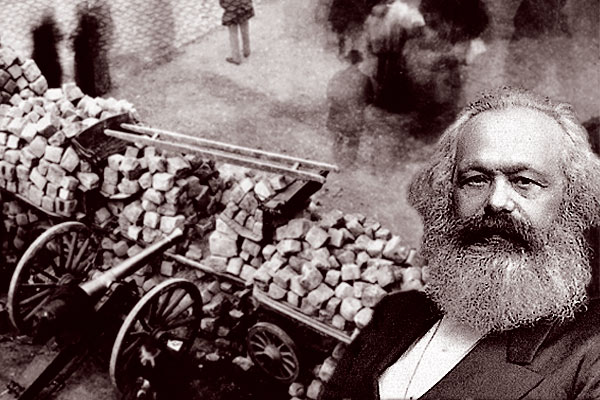

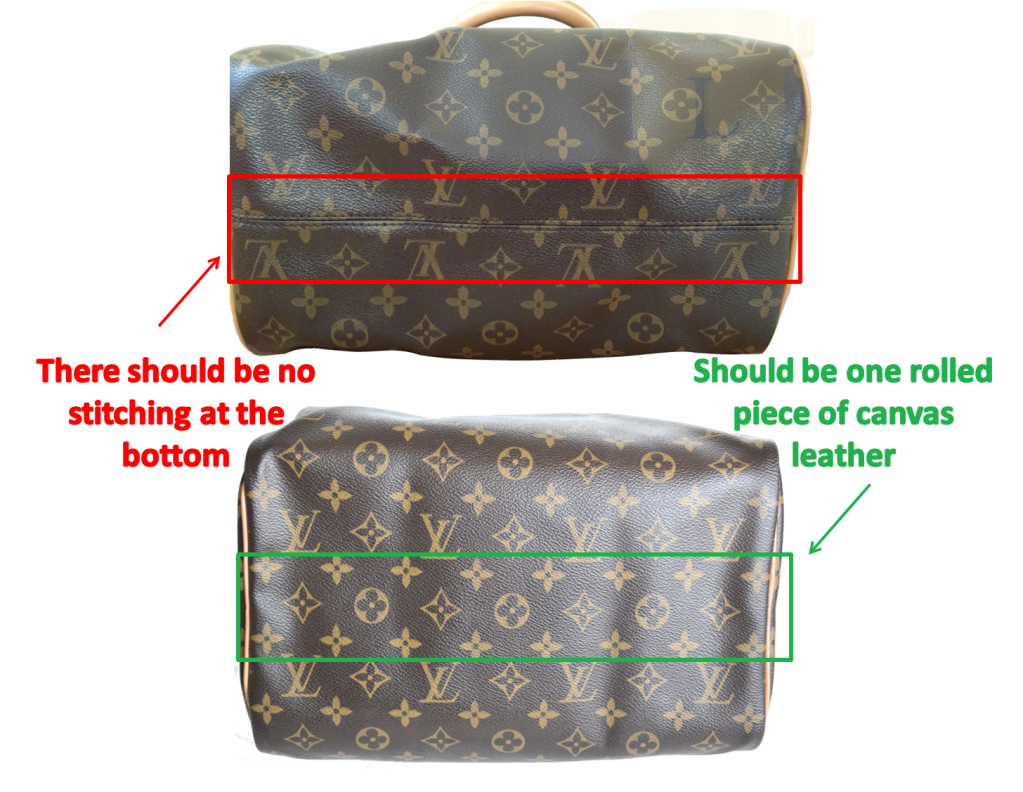


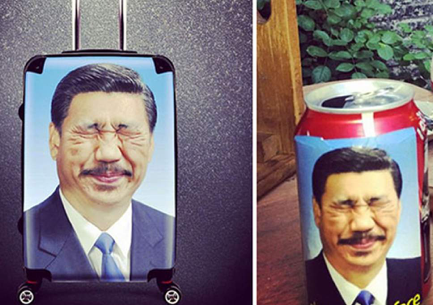 Chinese artist who posted funny image of President Xi Jinping facing five years in prison as authorities crackdown on dissent in the arts. Independent, May 28, 2015
Chinese artist who posted funny image of President Xi Jinping facing five years in prison as authorities crackdown on dissent in the arts. Independent, May 28, 2015
Update on Peking U Ideological Battle
January, 2019
In a recent post, The Ideology of Occupation, I described an ideological struggle being played out last month at Peking University, the combined Harvard-Yale of China. Now, a followup on what has happened to the “Old Marxist” students who questioned the manner in which CCP has been providing leadership of the proletariat. Spoiler – they are in jail.
Bill Bishop has the story at Sinocism – Seven Maoist Students Detained in Beijing After Talking to Foreign Media Original story from Radio Free Asia. A video was made by Peking student Zhang Ziwei immediately before he was himself detained –
“I’m Zhang Ziwei,” the recording says. “Six of my classmates have been detained already today, two of them just downstairs from where we live.”
“They were shoved into a car, shouting ‘call the police!,'” Zhang says, adding that he too is a target.
“Dark forces are conducting house-to-house searches right now,” he says. “They want to take me away too, just like they did to the others.”
It appears that the “Old Marxist” students have been not only defeated, but jailed. Their support for the Marxism of class struggle is out of date in the modern China of Xi Jinping.
I am reminded of the climactic scene in the movie A Few Good Men in which Colonel Jessup (Jack Nicholson) rages against the upstart attorney Lieutenant Kaffee (Tom Cruise). In the setup, the Colonel is standing on the wall, battling the forces of evil, while Kaffee and his cohort stand for rule of law and honor to regulations and tradition, properly understood. Jessup rages against Kaffee and colleagues for questioning the manner in which Jessup stands on the wall – You Can’t Handle the Truth. You know the scene, and how it ends. Jessup claims a greater responsibility than Kaffee can imagine. So, too, at Peking U. In this Peking University struggle, the New Marxists are the forces of modernity, standing on the wall and battling the forces of western imperialism and western thought and western concepts. CCP will determine what socialism and Communism means, and there can only be one source of truth. There is no questioning of the manner in which CCP provides leadership. In the Chinese version of the movie, Jessup would be exonerated and honored. The “Old Marxist” students, representing the outdated western import of Marxism, can’t handle the truth.